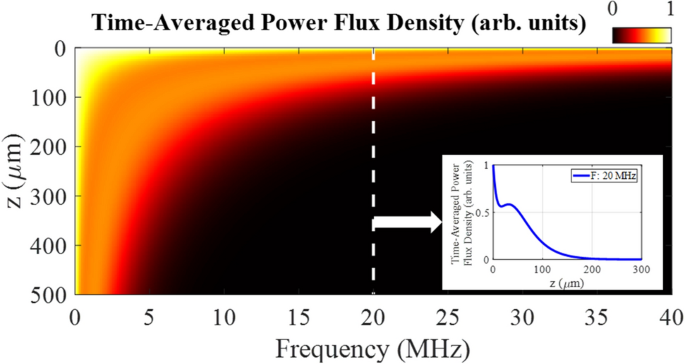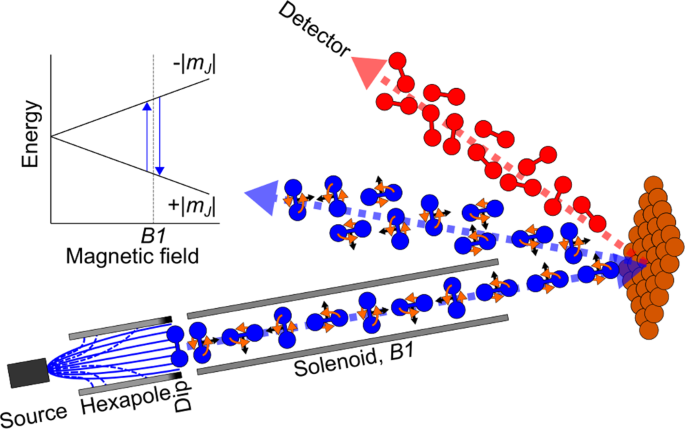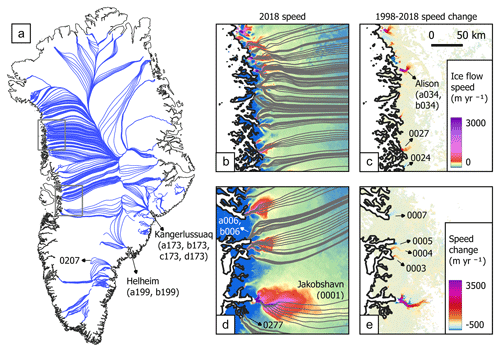2022-04-28 アメリカ・ローレンスリバモア国立研究所(LLNL)
Scientific Reports誌に掲載された論文で、研究所の研究者は、レーザベースの超音波によって発生する表面弾性波(SAW)を用いた診断を提案し、レーザ粉末床溶融(LPBF)金属3Dプリントにおける表面および表面下の小さな欠陥を明らかにすることができることを示しました。研究チームは、開発したシステムにより、レーザーメルトライン(LPBF印刷でレーザーが金属粉末を液化する軌跡)を効果的かつ正確に評価できると報告した。メルトライン、空洞、表面の特徴から音響エネルギーを散乱させて、迅速に検出することができるのだ。研究チームは、光学顕微鏡とX線コンピュータ断層撮影法(CT)を用いて検証を行いました。
<関連情報>
- https://www.llnl.gov/news/laser-based-ultrasound-detects-defect-producing-features-metal-3d-printing
- https://www.nature.com/articles/s41598-022-07261-w
レーザーを用いた先端製造材料の表面および表面下欠陥の超音波探査 Laser-based ultrasound interrogation of surface and sub-surface features in advanced manufacturing materials
Kathryn Jinae Harke,Nicholas Calta,Joseph Tringe &David Stobbe
Scientific Reports Published: 28 February 2022
DOI:https://doi.org/10.1038/s41598-022-07261-w

Abstract
Structures formed by advanced manufacturing methods increasingly require nondestructive characterization to enable efficient fabrication and to ensure performance targets are met. This is especially important for aerospace, military, and high precision applications. Surface acoustic waves (SAW) generated by laser-based ultrasound can detect surface and sub-surface defects relevant for a broad range of advanced manufacturing processes, including laser powder bed fusion (LPBF). In particular, an all-optical SAW generation and detection configuration can effectively interrogate laser melt lines. Here we report on scattered acoustic energy from melt lines, voids, and surface features. Sub-surface voids are also characterized using X-ray Computed Tomography (CT). High resolution CT results are presented and compared with SAW measurements. Finite difference simulations inform experimental measurements and analysis.



